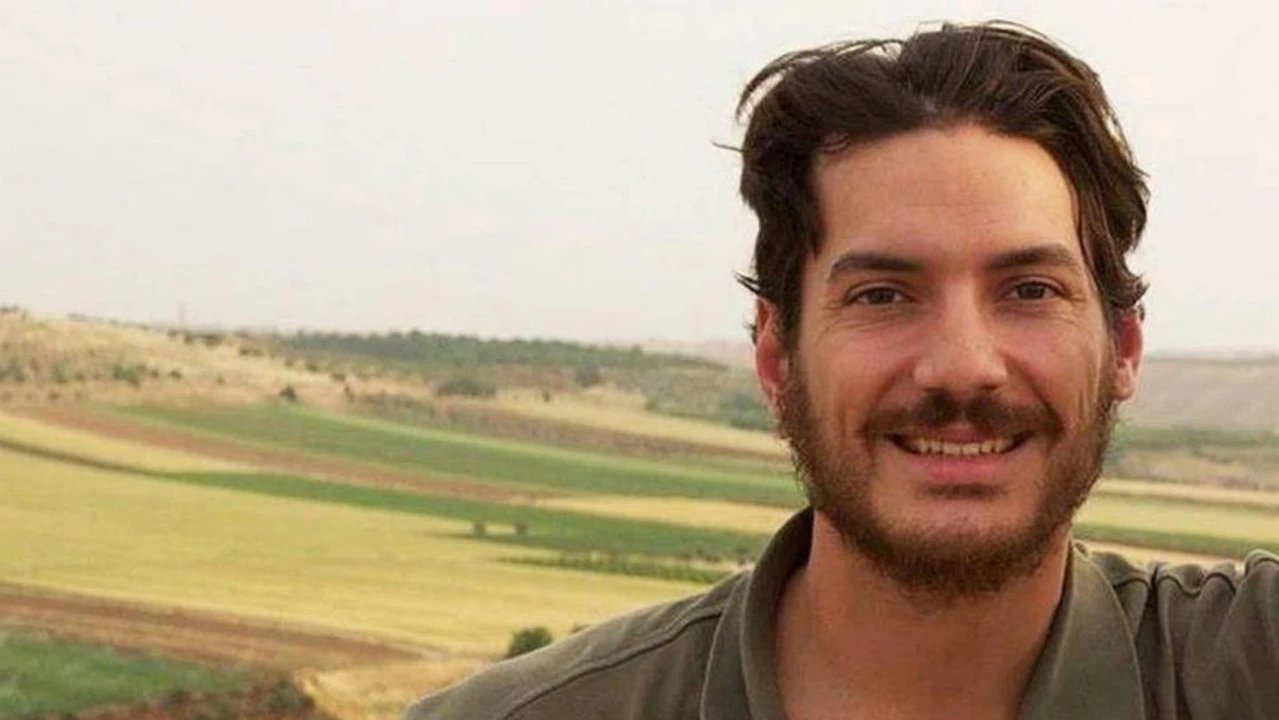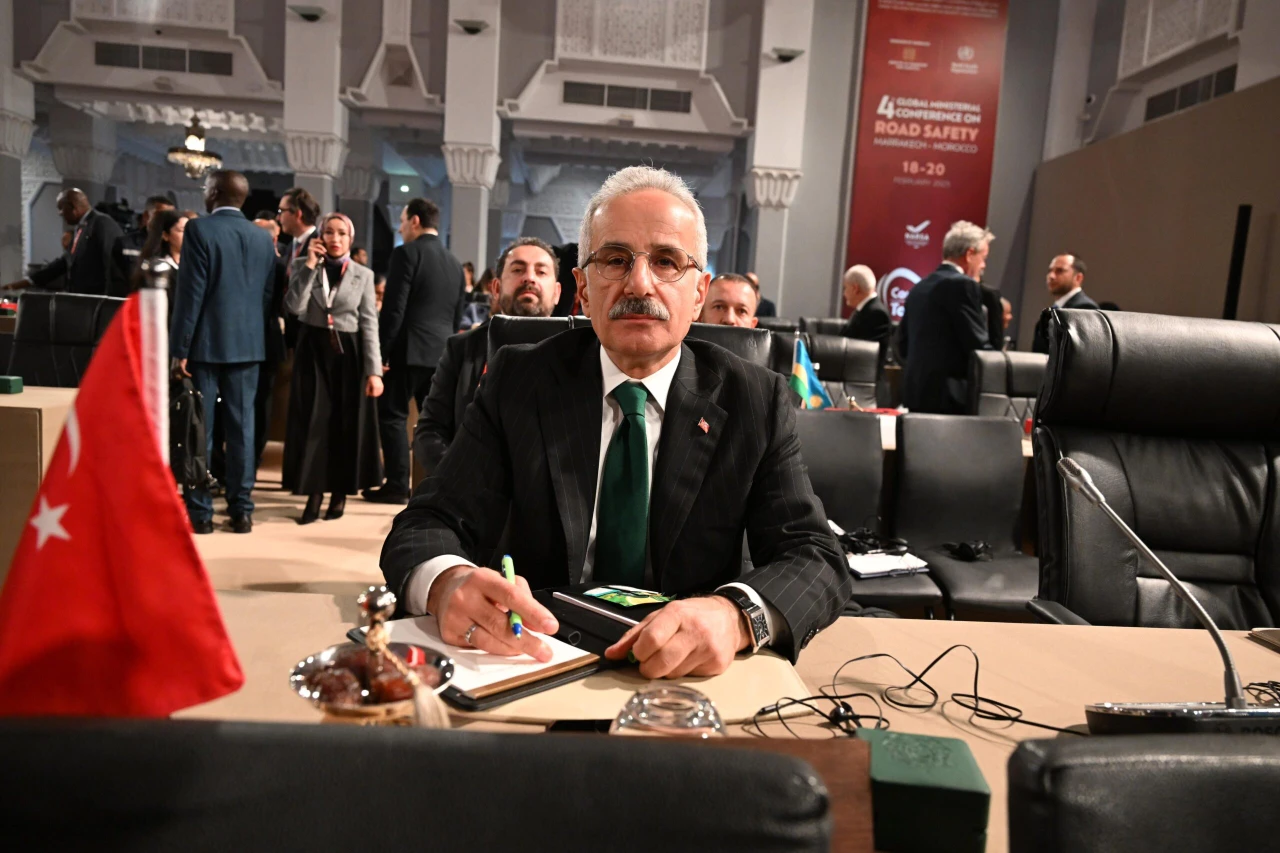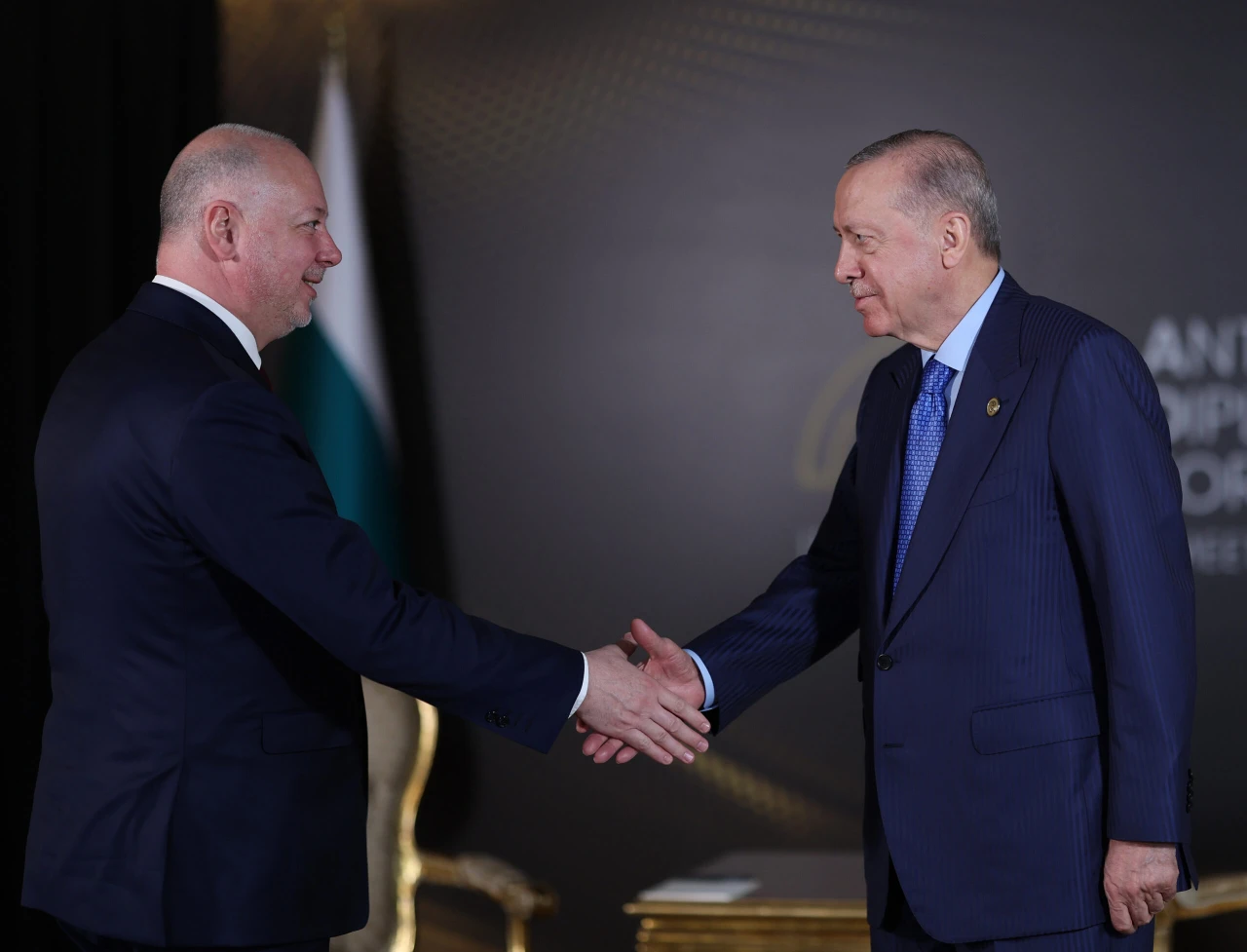US, Türkiye collaborate to locate missing journalist Austin Tice
 Freelance journalist Austin Tice, who went missing in Syria in 2012 and has not been heard from since. (Photo via Getty Images)
Freelance journalist Austin Tice, who went missing in Syria in 2012 and has not been heard from since. (Photo via Getty Images)
The White House announced Tuesday that it is working closely with Türkiye and other nations in its continued effort to locate Austin Tice, an American journalist who disappeared in Syria more than 12 years ago.
Press Secretary Karine Jean-Pierre emphasized the collaboration, describing it as part of the Biden administration’s broader commitment to securing Tice’s release. “We do not know where he is located. We do not know, but we continue to hope that he is alive,” she told reporters. “We’re talking through, certainly this with the Turks and others to find him and to bring him home.”
Türkiye’s role in the search underscores its strategic importance as a regional ally with significant diplomatic and intelligence networks in the Middle East. While Jean-Pierre did not specify other nations involved, the inclusion of Türkiye signals a reliance on its capacity to mediate in complex conflicts and navigate channels that might be inaccessible to Western powers.
Previous US-Türkiye collaborations on hostage and missing persons cases
The United States and Türkiye have a history of collaborating on sensitive operations involving hostages and missing persons. In 2014, the U.S. worked with Türkiye to secure the release of American journalist Peter Theo Curtis, who had been held by al-Nusra Front in Syria for two years. Turkish intermediaries played a critical role in facilitating communication and negotiations, leveraging their regional influence.
Similarly, Türkiye has been instrumental in mediating humanitarian corridors and supporting intelligence-sharing efforts during conflicts in Syria and Iraq, often acting as a conduit between Western governments and local actors on the ground.
Renewed focus amid shifting regional dynamics
The timing of this renewed effort to locate Tice may reflect evolving regional dynamics, including Türkiye’s ongoing dialogue with Syrian officials and its influence in opposition-held areas. These factors could enable Türkiye to pursue avenues unavailable to the United States, particularly as the Assad regime faces increasing instability after decades of authoritarian rule.
Tice, a freelance journalist who reported for outlets including McClatchy, CBS, and The Washington Post, was last seen on August 14, 2012, at a checkpoint in a Damascus suburb. Weeks later, a video emerged showing him blindfolded and held by armed men, but no group has claimed responsibility for his captivity.
His mother, Debra Tice, expressed optimism last week following a meeting with Jake Sullivan, President Joe Biden’s national security advisor. “We have from a significant source that has been already been vetted all over our government: Austin Tice is alive,” she said during remarks at the National Press Club. “Austin Tice is treated well, and there is no doubt about that.”
Türkiye’s role as a diplomatic bridge
As a United States’ NATO ally, Türkiye has often positioned itself as a mediator in international crises, balancing its relationships with Western allies and neighboring Middle Eastern nations. Its cooperation with the U.S. on locating Tice highlights its potential to navigate the delicate regional relationships necessary to advance such efforts.
While challenges remain, experts point to Türkiye’s track record in hostage negotiations as a reason for cautious optimism in the search for Austin Tice. Both nations are expected to continue their joint efforts to bring Tice home, drawing on their shared history of collaboration in high-stakes operations.



